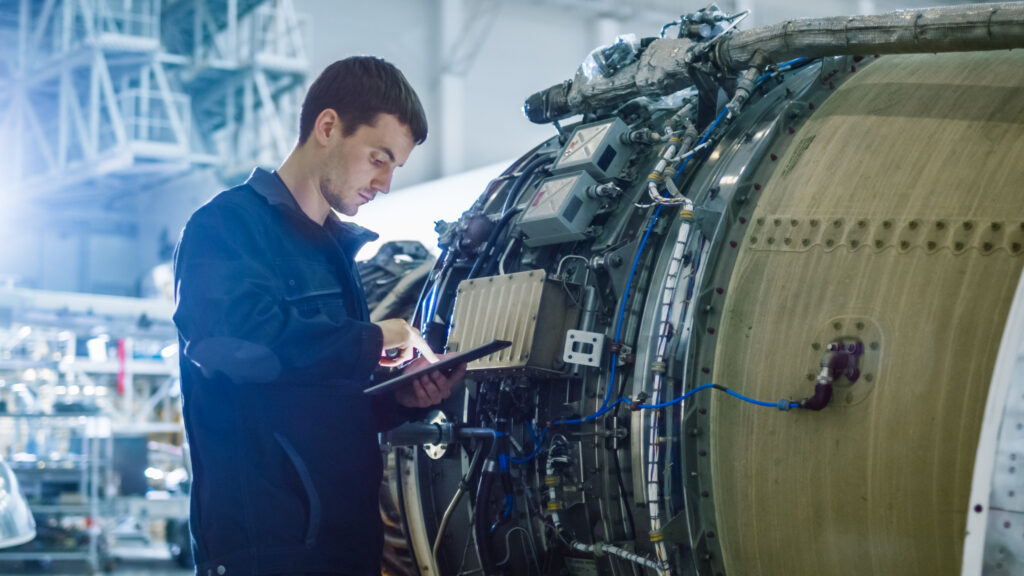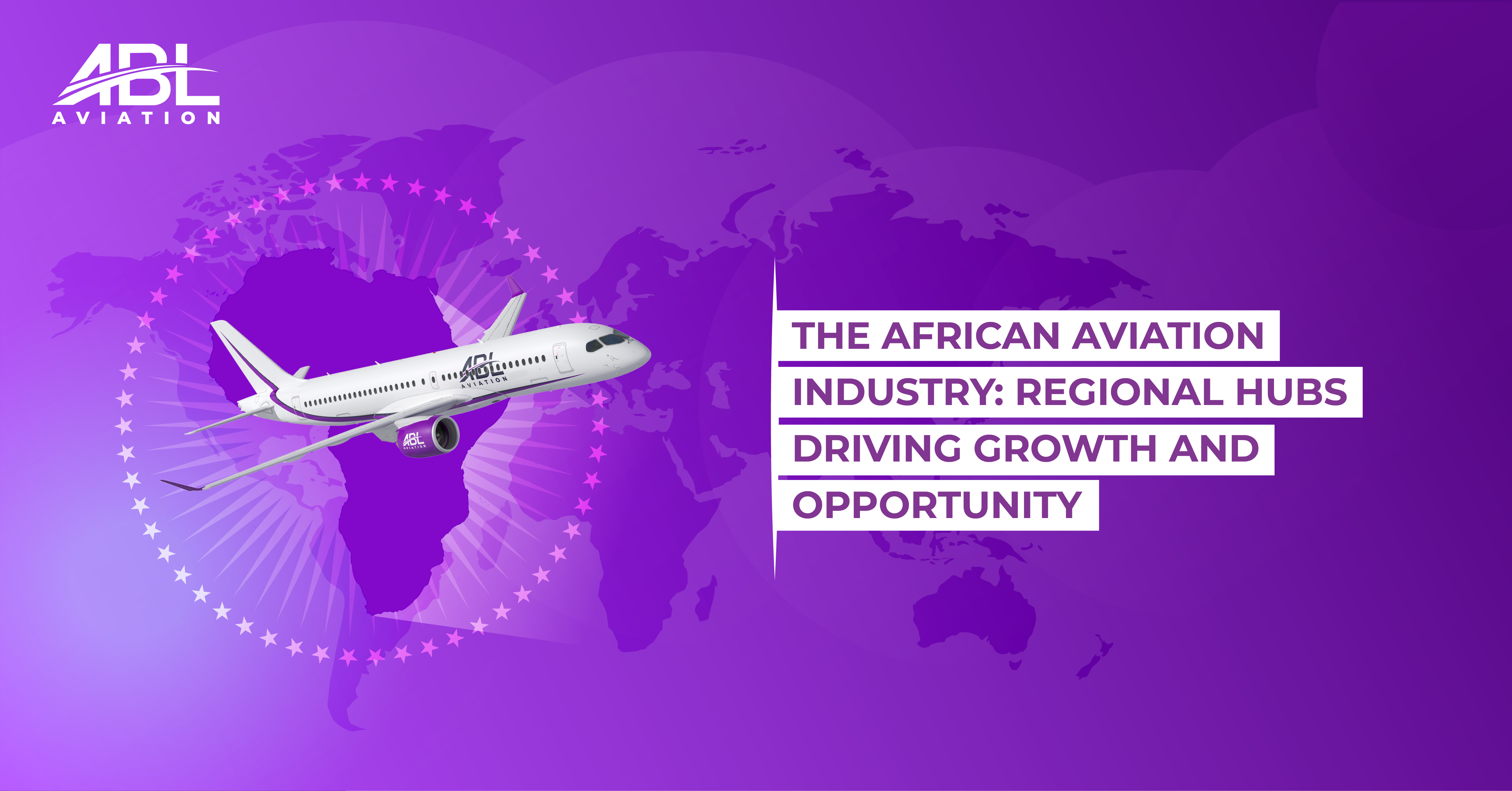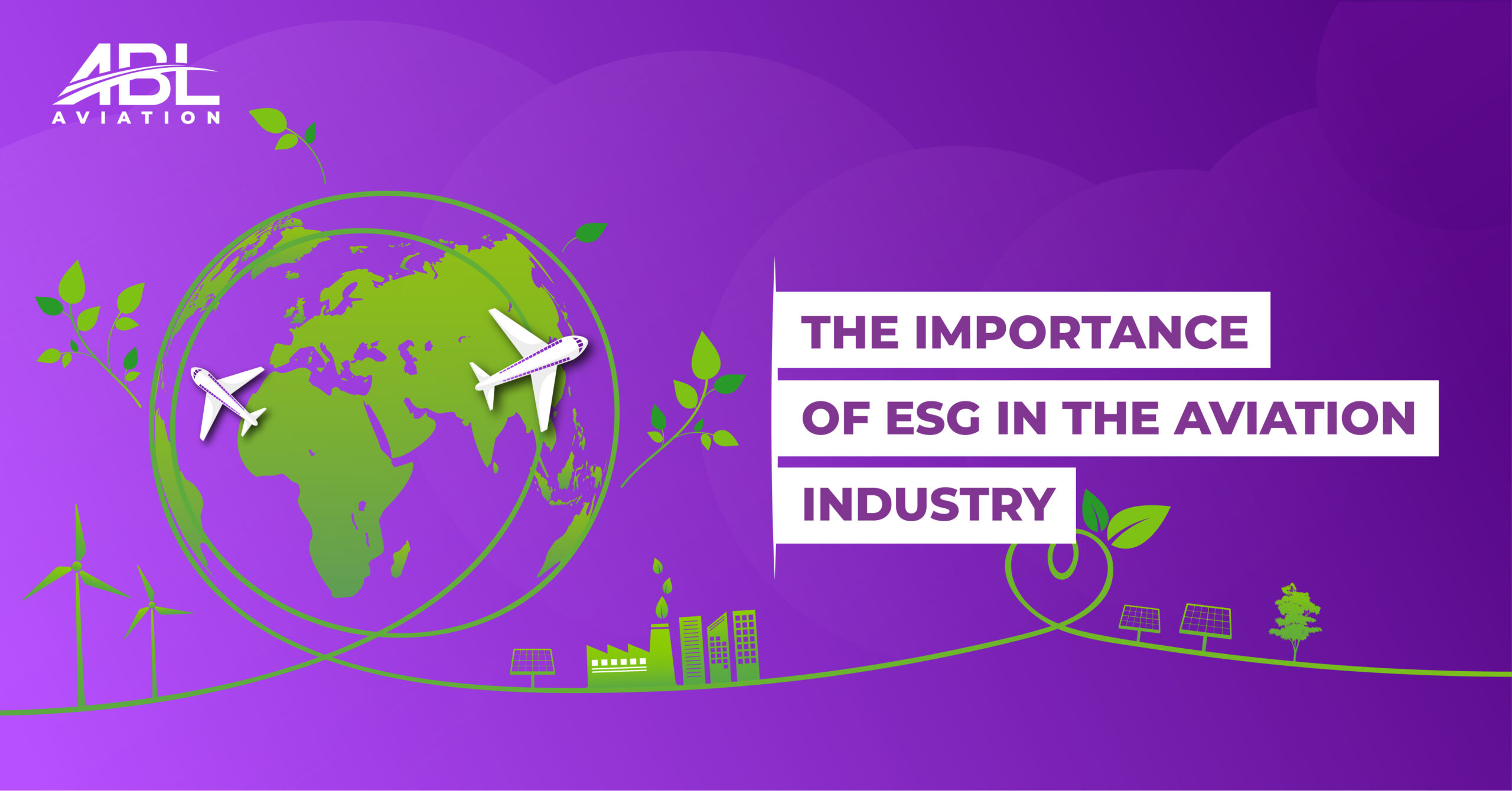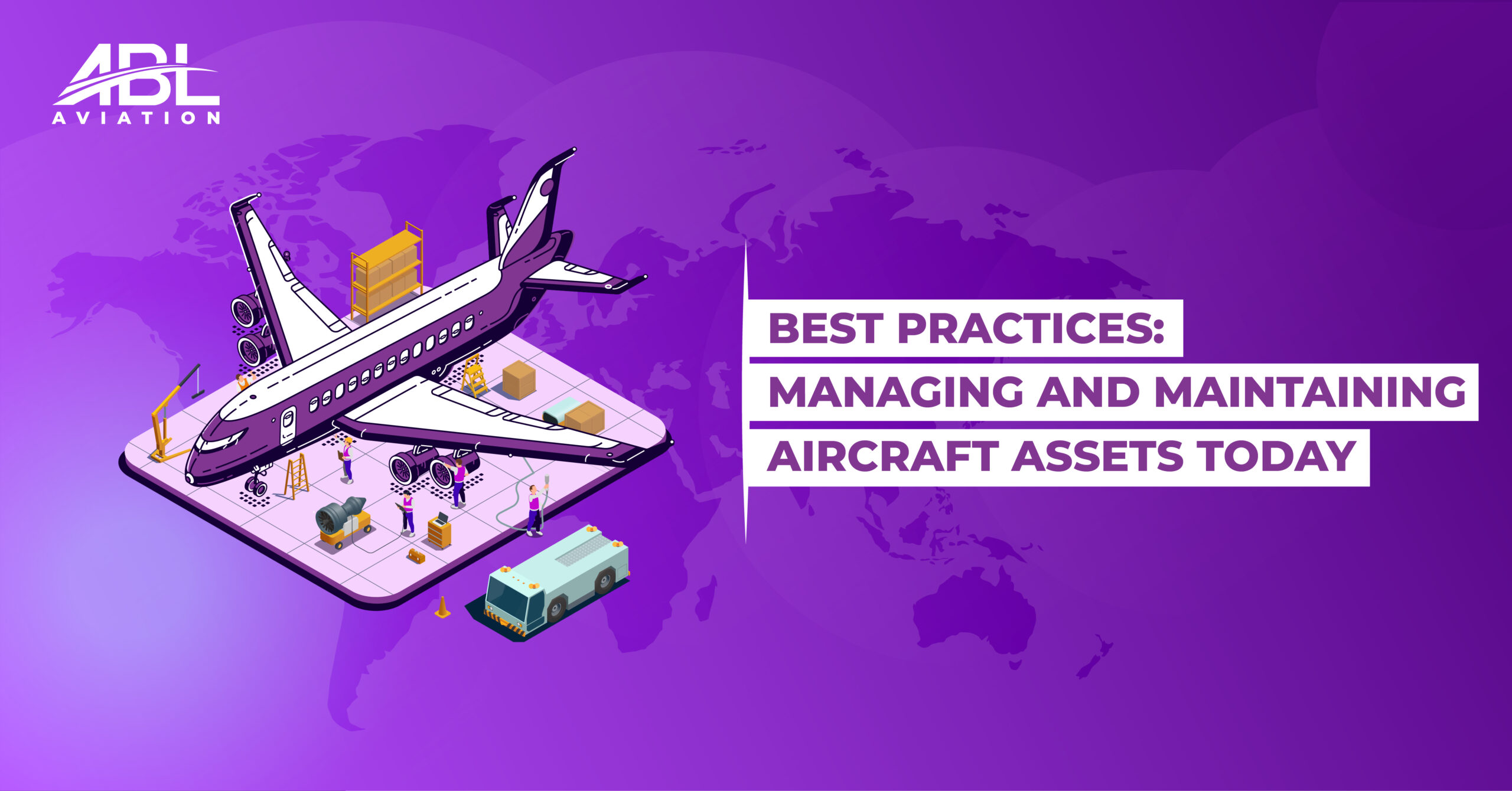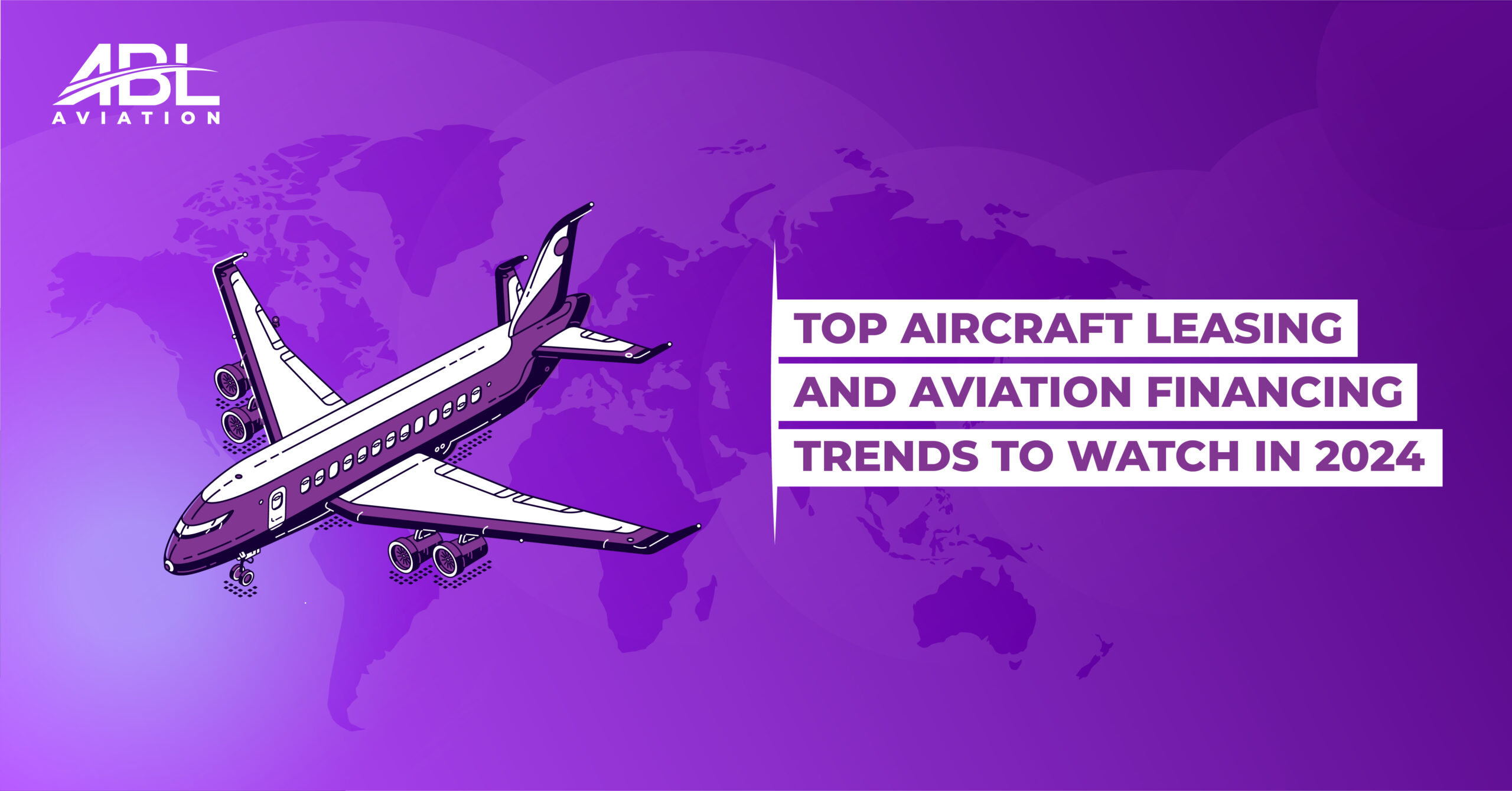
Top Aircraft Leasing and Aviation Financing Trends to Watch in 2024
In 2023, the aviation industry experienced a significant recovery, fuelled by increased travel demand and consumer confidence. This rebound was essential for airlines, airports, and service providers that had encountered unparalleled challenges, particularly during the pandemic. This analysis aims to spotlight the key trends in the industry for 2024, with a focus on strategic developments in aircraft leasing and aviation financing that stakeholders should closely monitor.
• Navigating Interest Rate Dynamics: In 2024, the aircraft leasing industry is experiencing a notable increase in lease rates, driven by production challenges and new equipment issues that are compelling airlines to extend existing leases and reevaluate the operational lifespans of their fleets. This trend is intensified by supply limitations in the secondary aircraft market, leading to extended use of current fleets at elevated lease rates. According to IBA, there’s a significant rise in lease rates for narrowbody aircraft, with predictions of rates for models like the 737 MAX 8 and A320neos hitting up to $410,000 per month by mid-2024, attributed to tight supply and higher interest rates. The Morningstar DBRS report echoes this sentiment, indicating robust performance and improved lease pricing for lessors, highlighting the industry’s resilience amid broader economic shifts. This upward trend in lease rates marks a pivotal shift in the leasing sector, requiring stakeholders to employ flexible leasing strategies and operational adjustments. These measures are essential for navigating production delays and capitalizing on growth opportunities within a competitive market.
• Pre-Owned Inventory Rise and Market Adjustments: The 2024 aviation market is adjusting due to OEM delivery challenges, including staff shortages and engine problems, leading airlines to maintain mature technology aircraft. These issues, causing aircraft groundings and certification delays, are driving airlines toward lease extensions, or seeking new leases, thereby increasing lease rates because of supply-demand mismatches. IBA notes that engine durability and production quality issues are shifting the market to favour lessors, with lease extension trends over 90% and demand for mid-life narrowbody aircraft leases expected to rise above pre-pandemic levels. Models such as the Airbus A320ceo and Boeing 737-800 are anticipated to see lease rates in the mid-US$200,000 range, while the Airbus A321-200 could exceed US$300,000 monthly. PwC also points out that ongoing supply chain and production quality issues will continue throughout 2024, preventing OEMs from increasing deliveries despite a strong demand backlog. The firm highlights the industry’s resilience and adaptability, with airlines navigating operational challenges amid slower yield growth and rising costs.
• Growing Demand for Sustainable Aircraft: The aviation industry is aiming to move towards more eco-friendly aircraft, spurred by regulatory mandates, and increased environmental awareness. However, the progress towards this objective this decade is expected to be much slower than anticipated. This objective is evident in the substantial orders placed in 2023 for fuel-efficient aircraft, with the Airbus A320neo family receiving over 1,800 orders and the Boeing 737 MAX receiving more than 950. In line with this trend, sustainability-linked terms are becoming common in aircraft leasing and aviation financing agreements, offering incentives for airlines to lower their carbon emissions, particularly by using Sustainable Aviation Fuels (SAF). ABL Aviation is at the forefront of this movement within the leasing industry, exemplified by its delivery of a Boeing 787-8 Dreamliner to EL AL Airlines, which utilized 30% SAF, significantly cutting the flight’s carbon emissions. This initiative demonstrates ABL Aviation‘s commitment to promoting environmentally responsible practices across the industry, responding proactively to regulatory requirements, and the growing eco-consciousness among passengers and stakeholders.
• Technological Innovations in Aircraft Financing: The Aerospace & Defense Review highlights how technology is revolutionising aircraft leasing and aviation financing in 2024. Innovations like data analytics refine risk evaluation, while digital platforms and artificial intelligence enhance operational efficiency and aircraft valuation accuracy. These advancements lead to tailored financing solutions that meet airline and investor needs, pushing the industry toward a future of greater security, efficiency, and flexibility. ABL Aviation’s proprietary asset management systems ensures precise maintenance and cash flow projections, offering investors key insights to optimise returns, aligning perfectly with the top trends in aircraft leasing and aviation financing to watch in 2024.
• Emerging Markets and Regional Dynamics: The pace of recovery in the aviation industry varies by region. According to The International Air Transport Association (IATA), while North America and Europe are rapidly rebounding, growth in Asia-Pacific is more modest. In contrast, Africa and Latin America are emerging as vibrant markets with promising growth potential. Economic growth, urbanization, and an expanding middle class are all driving this growth, which is boosting demand for air travel. As a result, aircraft leasing and aviation financing firms are strategically expanding their portfolios to capture opportunities in these dynamic regions. Despite the hurdles posed by diverse regulatory systems and risk considerations, the potential for substantial growth in these emerging markets is a promising avenue for the industry.
As the aircraft leasing and aviation financing sector navigates through 2024, it faces a rapidly changing landscape marked by rising lease rates due to OEM delivery challenges, a significant shift towards eco-friendly aircraft, and the transformative impact of technology on operations and risk assessment. The sector’s resilience is dependent on adaptability, technical innovation, and a commitment to sustainability.
ABL Aviation distinguishes itself as a proactive player because its strategic approach carefully assess market opportunities to ensure financial viability and strategic advantage. Finnian O’Neill, ABL Aviation’s Chief Investment Officer, captures this ethos, stating, “Our strategy is grounded in a comprehensive assessment of market opportunities, ensuring that our transactions are financially sound and satisfy both our investors and airline partners.” This approach positions ABL Aviation and the broader industry on a promising path towards navigating the complexities and opportunities of the evolving aviation landscape.
Go Back
